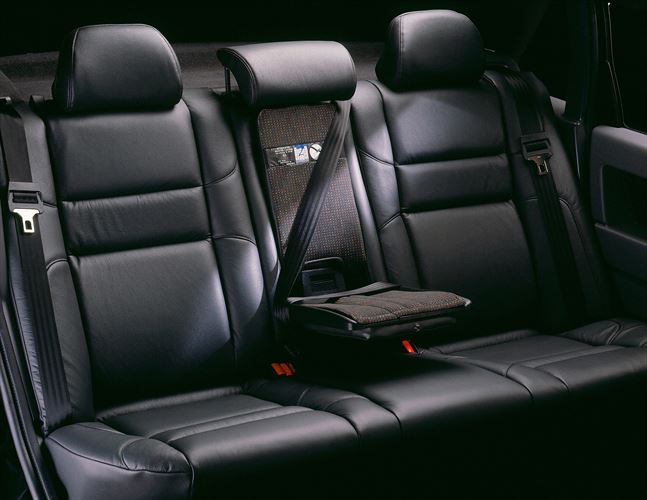Most of us don’t know much about the inner workings of our cars. But what’s stopping us from asking questions when it comes to servicing and repairs? Nothing, except possibly our pride. “Your best line of defence is to ask the right questions from the get go,” says Vishal Premlall, Director of the Motor Industry Workshop Association (MIWA). “By asking the right questions and showing you have an idea of what should be done to your vehicle, you are setting the tone for a frank conversation with your mechanic and getting a good pre-service idea of the state of your vehicle.”
While there are many questions you could ask your mechanic, Premlall recommends starting with these basics:
“Firstly, ask about your cam belt. Does the vehicle have a cam belt and if so, when was it last changed? The cam belt synchronises the rotation of the crankshaft and the camshaft(s) so that the engine’s valves open and close at the proper times during each cylinder’s intake and exhaust strokes. The lifespan of cam belts varies depending on the manufacturer. It is best to refer to your vehicle handbook for a guide on when the cam belt should be changed.”
“Next you should ask about the condition of your brake pads and at what limit they should be changed. Brake pads should be replaced at 70% of total ware to ensure the safety of the driver. It’s also important that your mechanic inspects the brake discs so ensure you suggest that this is done.”
The third question you should be asking, says Premlall, is whether your brake fluid and radiator coolant needs to be changed. “It’s also important to ask how often this should be done and whether it was done at your last service.”
Personal safety is obviously a concern for most drivers, so asking about the state of the airbags, seatbelts and ABS is also a must. “A light appearing on your dashboard is not a guarantee that the ABS is working correctly. ABS (Anti-lock braking system) allows the wheels on your vehicle to maintain traction with the road surface, preventing the wheels from locking up and avoiding uncontrolled skidding. Your mechanic will be able to check that the system is working correctly and the airbags are programmed to deploy in the event of a collision.”
Premlall says the last question you should be asking is for the mechanic to contact you with a quote, should he find any other work that needs to be done. “The quote should include an approximate cost for the parts and labour. Remember that preventative maintenance through early detection can prove more cost effective in the long term.”
“Don’t be afraid to ask questions and expect comprehensive answers from your mechanic. Make sure that your mechanic is accredited with an industry body such as MIWA to ensure you have access to recourse should the service you receive not be up to scratch,” he concludes.
COMPILED ON BEHALF OF MIWA BY CATHY FINDLEY PUBLIC RELATIONS.


